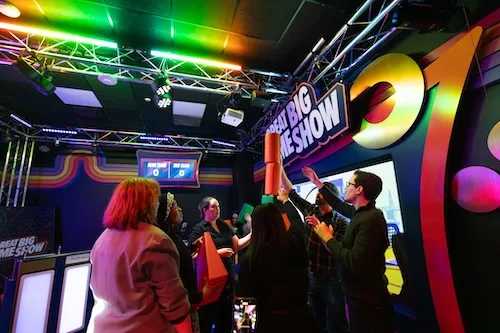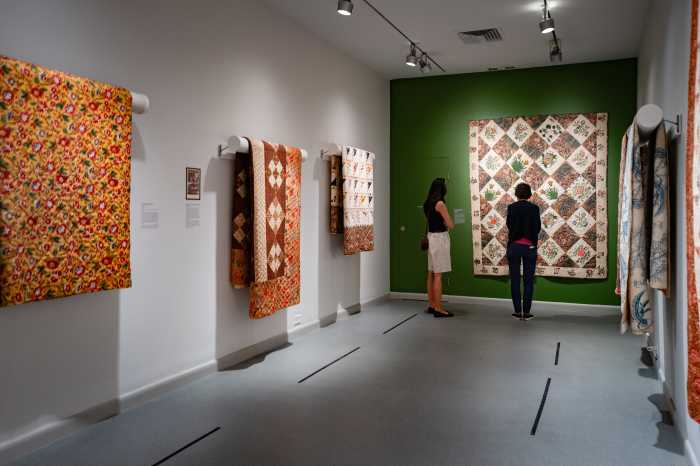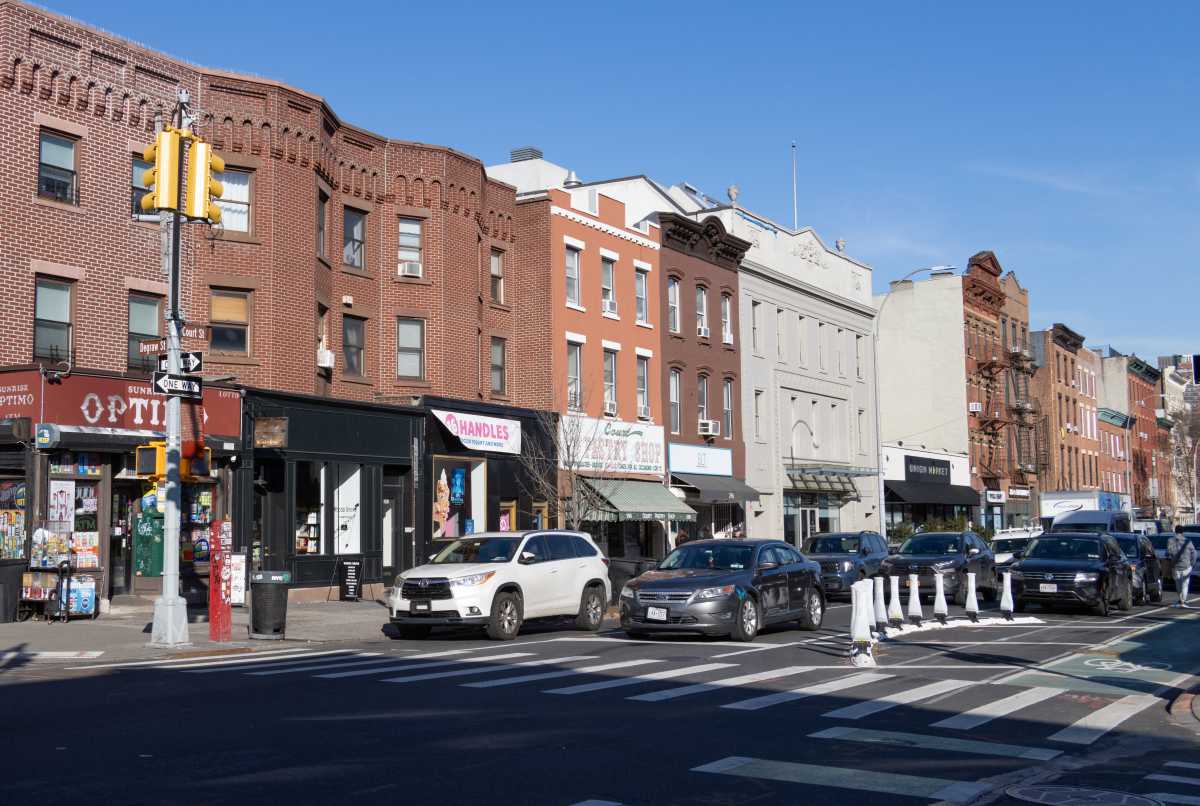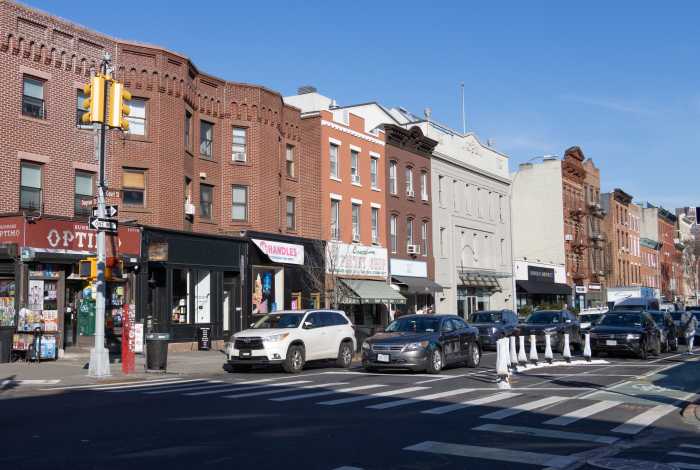“It’s on Easter Sunday,” comedian and civil rights activist Dick Gregory said about his upcoming performance at Carolines on Broadway, “which is about the crucifixion of Christ. Sometimes it’s in March and sometimes it’s in April. Somebody’s going to have to tell me how you can die twice, in two different months.”
It can be easy to forget, based on his long history of fighting for civil rights, his bibliography, and even his advocacy for healthy diets, that the reason for Gregory’s fame is that he’s an incredibly funny man. He’s marched with Martin Luther King and Malcolm X, ran for president in 1968 and even traveled to Iran in 1980 in an attempt to help negotiate the release of American hostages. But at 83, he still makes the kinds of comedic connections that separate open-mic stand-ups from headliners, the jumps that a listener doesn’t anticipate, but then comprehends perfectly after hearing.
amNewYork caught up with the legend before his upcoming performance to talk about the role of comedy in civil rights and where, if anywhere, people should be looking for positives in the modern political climate.
What role does comedy play in social change?
None. None. Every major movement in the history of the planet that’s gone forward didn’t do it with comics. Ain’t nobody funny down on the front lines. After it’s over, then the comedy comes in with commentary. Look at all of the news people in the world who cover war — they’re not telling jokes.
In that case, what place does comedy play in the healing, after the war or after a major social change?
It plays a big role. I was born in 1932, but let’s say I was born in 1972. I can go now to a play that’s a comedy about how stupid the Germans was. About how stupid we were to go into Vietnam. As a black person, I can do a comedy about how we went and killed and were killed in Vietnam, and now a Vietnamese person can come into black neighborhood and open up a shop that we can’t open up. There’s a lot of humor in that. Comedy is really a disappointment with a funny ending. When you pick up that little baby, that grandchild, and throw him up in the air, there’s a horrible look on his face. But when you catch him, he says, “Do it again!”
You’ve had more careers than most people have jobs within one career. At this point, what is your relationship with stand-up comedy?
I don’t follow entertainment. I’ve never followed entertainment. I’ve always been listed in the phone book, I’ve never had a bodyguard. I am where I am now, because in the wicked segregated area I was born — I didn’t see any white folks — I started out doing comedy making $5 a night. And it was from black folks with no money. They could come for three shows, no door charge, paid 35 cents for a bottle of beer. And that’s why I’m one of the few comics who can stand up on stage and talk for 24 hours, because I refused to do the same show over to the same audience. It was those black folks that came and saw me when I wasn’t funny, tolerated me, pushed me all the way downtown to clubs where they couldn’t come and see me. That’s why any movement that comes up, I’ll be there.
The political atmosphere feels so angry and bleak. Is there any place that you find a sense of optimism?
If you go to death row, they’ve got comedy. They’re laughing and talking. You go to the military hospital, where people are losing their limbs? They’ve got comedy there. … When I first started, I used to do stand-up in clubs and say, “One day, there’ll be a nightclub called Slave Ship. That’s how far we’ll be away from the pain. People will say, ‘Where you going?’ ‘I’m going to the Slave Ship tonight, man.’”
If you go
Dick Gregory performs on March 27 at 7:30 p.m. at Carolines on Broadway, 1626 Broadway, 212-757-4100, $32.75-$103.50.







































